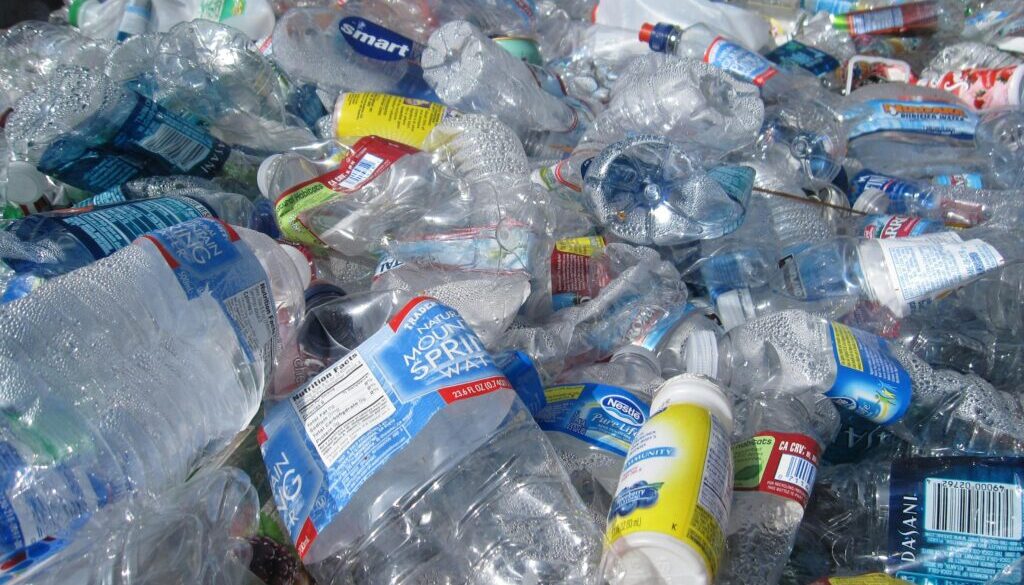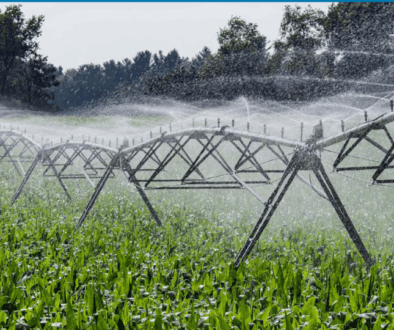Plastics producers face potential wave of lawsuits, report suggests
By Dana Drugmand
As scientific understanding and public awareness of the health and environmental harms of plastics pollution continues to mount, plastics producers and plastic packaging manufacturers could face a rising tide of lawsuits from communities and states seeking to recover damage costs, a new report suggests.
The report, released on Wednesday from the Center for International Environmental Law (CIEL), details the substantial impacts of plastic pollution and related burdens on local governments, and explains how the plastics industry could be held legally responsible for these quantifiable harms and costs.
“The plastics crisis is causing harm to individuals, to communities, and to ecosystems,” said Steven Feit, a senior attorney at CIEL and co-author of the report. “There is going to be a [rising] wave of litigation in the plastics context, particularly as the evidence and the understanding of those impacts accrues.”
States and municipalities are already pursuing litigation against major fossil fuel producers, aiming to hold them accountable for localized climate damages and costs and alleging that the oil and gas industry knew decades ago about the potential for their products to cause “catastrophic” climate consequences and yet hid those risks from the public.
Such litigation over previous other toxic harms demonstrates how states and municipalities can pursue legal avenues for redress for the impacts of plastics, according to CIEL.
The American Chemistry Council called the CIEL report a “misdirected distraction” in a statement. The industry association touted the plastics industry’s efforts to improve plastic recycling and cut waste.
“CIEL’s report encouraging legal action against the plastics industry is a disappointing and misdirected distraction from the significant research and investments in product design, collection and recycling infrastructure plastic makers are making to help prevent plastic pollution,” Ross Eisenberg, president of America’s Plastic Makers, said in the statement.
Pervasive plastic waste
The amount of plastic waste worldwide more than doubled between 2000 and 2019, and the material is now so pervasive in ecosystems, food chains, and even the human body that it is difficult to find any place on the planet not contaminated with plastics, the report explains.
Tiny plastic fragments called microplastics are found in air, water, and soils, resulting in multiple pathways for ingestion into our bodies. Microplastics can circulate through the bloodstream and accumulate in organs like the lungs, kidneys, stomach, and heart, and they have been detected throughout the reproductive system including the placenta, breastmilk, semen, penis and testicles.
As plastic particles accumulate in the body, they can leach toxins and other chemical additives. These substances may have endocrine-disrupting impacts and can lead to an array of adverse health effects, from increased cancer risk to reproductive harms to neurodevelopmental disorders. According to a 2018 study, the plastic-attributable disease burden in the US resulting from plastic chemicals exposure is estimated to cost roughly $249 billion.
“The disease burden directly attributable to plastic production and consumption is substantial, and runs across the entire lifespan,” the study finds.
Because much of these healthcare costs fall on state and local governments, governments could seek to recoup costs through litigation against the plastics manufacturers modeled after litigation that has targeted industries responsible for harmful products such as tobacco and asbestos, according to CIEL.
In addition to increased disease burden and healthcare costs, the plastics crisis impacts state and municipal governments in other ways, such as through costs relating to contamination of public lands and waterways, managing overburdened waste management systems, damage to infrastructure, and disruption of environmentally dependent industries and livelihoods such as fishing and ecotourism.
“From increased waste management and infrastructure costs, to lost revenues for tourism and fisheries, as well as rapidly-growing health costs from pervasive plastic pollution, states and communities are sacrificing budgets, resources, and revenues to the plastics crisis,” CIEL president Carroll Muffett said in a statement.
Already underway
Several legal actions seeking to hold companies accountable for plastic pollution have already been filed. In November 2023, New York Attorney General Letitia James filed a lawsuit against PepsiCo, one of the world’s largest producers of single-use plastic waste, for its contribution to plastic pollution along the Buffalo River. The lawsuit alleges PepsiCo created a public nuisance, failed to warn consumers about the harms of single-use packaging, and misled consumers about the viability of plastic recycling.
The city of Baltimore filed a similar lawsuit just last week targeting several plastic packaging and manufacturing companies including PepsiCo, Coca Cola, and Frito Lay. And in California, Attorney General Rob Bonta has led a first-of-its-kind investigation, initiated in 2022, into fossil fuel and petrochemical companies over their role in creating and perpetuating the plastic pollution crisis. The probe includes a focus on alleged industry deception around promoting the false promise of plastic recycling.
The plastics industry has pushed back, with the American Chemistry Council and Plastics Industry Association suing the California AG’s office in May and challenging subpoenas issued to them. The trade associations argued their First Amendment rights would be violated if they were forced to reveal internal communications. Bonta has responded by petitioning the court to enforce the subpoenas.
In separate but related news, the Grantham Research Institute on Climate Change and the Environment (GRI) issued a report on Thursday underscoring the rising number of lawsuits being brought to address climate concerns.
More than 1,700 such cases have been filed in the United States, alone, including 129 new cases filed in 2023, part of at least 230 new climate cases filed last year globally. The GRI report also points to plastics litigation as an emerging trend relevant to climate litigation. “As public and legal scrutiny of plastics’ environmental impact intensifies,” the report states, “plastic litigation might become part of broader climate litigation efforts.”
(Dana Drugmand previously worked as a researcher in CIEL’s Climate & Energy Program.)
(Featured image by tanvi sharma on Unsplash.)




